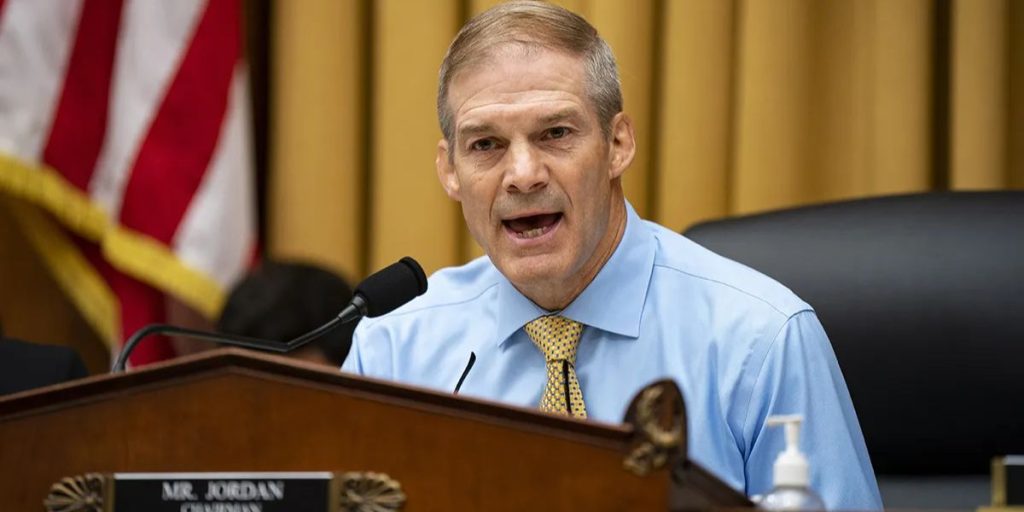On Tuesday, House Judiciary Chairman Jim Jordan sent a subpoena to the National Science Foundation (NSF) regarding money provided to universities and firms for the development of censorship technologies.
The Daily Caller News Foundation recently reported on a track inside the NSF’s Convergence Accelerator program that provided money to teams of researchers to build tools to combat misinformation.
Jordan requested the NSF’s correspondence with private enterprises and third-party groups “discussing content moderation on social media, including those relating to NSF’s Convergence Accelerator Track F program,” according to a letter to the agency.

“The information obtained by the Committee and its Select Subcommittee on the Weaponization of the Federal Government, along with other publicly available information, has revealed how the federal government has pressured and colluded with Big Tech and other intermediaries to censor certain viewpoints on social media in ways that undermine First Amendment principles,” Jordan wrote in the letter.
“The First Amendment prohibits government officials from imposing viewpoint-based restrictions on speech.”
In September 2021, the NSF awarded $750,000 funding to 12 research teams as part of its Convergence Accelerator Track F initiative. Six teams were chosen to advance to stage two, where they would receive an additional $5 million in financing.
“It is necessary for Congress to gauge the extent to which NSF officials have coerced, pressured, worked with, or relied upon social media and other tech companies and third parties to censor speech,” the letter goes on to say. “The scope of the Committee’s investigation includes understanding the extent and nature of NSF’s involvement in this censorship.”
According to the letter, the NSF failed to reply to the committee’s previous voluntary requests for documents and internal communications, instead providing the committee with information that was, for the most part, already publicly available.
In a statement sent to the DCNF, an NSF spokesman stated that the organization “at no point attempted to conceal or mislead the public, Congress, or the media about its Track F Program or any of its other investments.” According to the spokeswoman, the agency “has been working with the House Judiciary Committee to address their concerns.”

“NSF does not engage in censorship and has no role in content policies or regulations,” claimed the NSF spokesperson. “Following statute and congressional guidelines, we have invested in research to better understand communications technologies that enable things like deep fakes and how people engage with them. By understanding how they work and how they are utilized, we can offer policymakers with the information they need to make informed judgments about rules and safeguards to protect the public and ensure they can make informed decisions.”
Following the DCNF’s February 2023 report on grants awarded by the NSF to fund censorship tools, NSF program manager Michael Pozmantier said in an email that he would consider removing videos referenced in the article or “locking the page ASAP,” according to a House Judiciary Committee report published Tuesday.